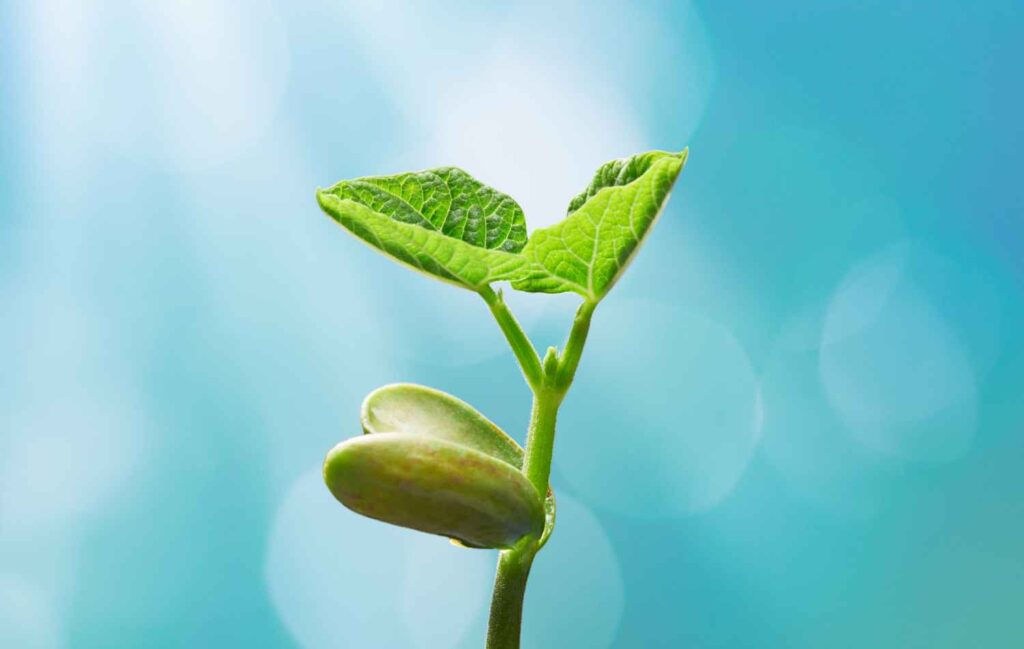
The next decade is expected to bring a technological revolution in Plant Phenotyping, driven by advances in several key areas. Artificial intelligence and machine learning are expected to become an integral part of every advanced Phenotyping system. Advanced algorithms will be able to analyze enormous amounts of data in real-time and identify complex patterns not detectable by existing methods.
In the world of modern agriculture, advanced sensors are taking center stage. As technology evolves, sensors become smaller, more accurate and cheaper – making it possible to measure parameters that previously required expensive and cumbersome systems. This change is expected to deliver information in high resolution and with impressive frequency. At the center of this revolution is the site. www.plant-ditech.com He brings with him great experience and proven professionalism. The site offers rich information on innovative technologies that combine artificial intelligence with advanced sensors, which allow to make extremely accurate measurements and perform advanced analyses of plant data – knowledge that leads the way to a smarter and more efficient future in agriculture.
How Will Integration with Genomics and Bioinformatics Develop?
The future of Plant Phenotyping is closely linked with advances in genomics and bioinformatics. Integration of Phenotyping data with genomic information will enable creation of detailed maps of the genotype-phenotype relationship. This will lead to development of tools for predicting plant performance based on their genetic information, even before they are planted.
Advanced genetic editing technologies like CRISPR will become more precise and accessible, and Phenotyping data will be critical for examining and validating genetic changes. Systems will be able to precisely identify the effects of specific genetic changes on plant performance.
What is the Role of Digitalization and Agriculture 4.0?
Plant Phenotyping is expected to become a central part of the digital agriculture revolution (Agriculture 4.0). Phenotyping systems will connect to comprehensive agricultural management platforms including weather, soil, and field management information. This will enable creation of personalized recommendations for each field and even each part of the field.
Agricultural robotics will develop and integrate advanced Phenotyping capabilities. Autonomous robots will be able to move through fields, measure individual plants, and provide detailed real-time crop status data. This will enable precision agricultural management at a level not previously possible.
How Will Remote Sensing and Satellite Use Develop?
Remote sensing technologies are expected to develop dramatically in the next decade. Satellites with higher resolution and more advanced sensors will be able to provide Phenotyping data on entire fields at daily or even higher frequency. This will enable continuous monitoring of crop status worldwide.
Drones will become smarter and more autonomous, with ability to fly over fields independently, measure plants from the air, and return to automatic charging. These technologies will become accessible even to small and medium farmers.
What is the Expected Impact on Technology Prices?
One of the main barriers currently to widespread adoption of Plant Phenotyping technologies is high cost. The next decade is expected to see dramatic reduction in technology prices due to several factors: technological development, increased production volumes, and entry of new players to the market.
Sensors currently costing tens of thousands of dollars are expected to drop to thousands of dollars or even less. This will open Plant Phenotyping technology use to a much broader audience of researchers and farmers.
How Will Cloud Technologies and Analytics Use Develop?
The future of Plant Phenotyping is closely linked with advanced cloud technologies. The enormous amounts of data generated by modern Phenotyping systems require significant processing and storage power. Cloud platforms will provide the infrastructure needed for real-time data processing and analysis.
Advanced analytics and business intelligence will enable researchers and farmers to gain deep insights from data. Systems will be able to identify trends, predict future problems, and automatically recommend corrective actions.
Plant-Ditech enhances the capabilities of scientists, growers, and agricultural researchers to ensure agricultural growth by providing phenotyping systems and software. This enables rapid and automatic processing and analysis of enormous amounts of phenotypic data, providing deep insights into plant-environment interactions while shortening research and development time and time to market.
What is the Expected Impact on the Seed Industry?
The seed industry is expected to undergo far-reaching transformation in the next decade thanks to advances in Plant Phenotyping technologies. Seed companies will be able to develop new varieties at speeds not previously possible, and adapt them precisely to specific needs of each region and growing conditions.
The market is expected to become more diverse, with specialized varieties for specific purposes and special environmental conditions. This will enable farmers to choose varieties precisely adapted to their needs and field conditions.
How Will Regulation and Standardization Develop?
As technology develops and becomes more widespread, development of international standards and regulations for Plant Phenotyping technologies is expected. This will include standards for measurement accuracy, experimental protocols, and system validation requirements.
New regulation is expected to deal with enforcing quality standards and ensuring data reliability. This will strengthen confidence in the technology and encourage broader adoption.
What is the Forecast for Technology Accessibility and Availability?
The next decade is expected to see democratization of Plant Phenotyping technologies. Simpler and cheaper systems will be developed for small and medium farmers, small research institutes, and even schools and universities with limited budgets.
Cloud platforms will enable access to advanced analysis tools even for those without full technological infrastructure. This will open the field to a much broader range of users and accelerate development and innovation.
How Will Education and Training in the Field Develop?
The future of Plant Phenotyping requires skilled personnel in diverse fields: biology, computer science, engineering, and analytics. The next decade is expected to see development of specialized curricula in the field, professional certifications, and online courses.
Universities and research institutes are expected to establish special departments and laboratories for the field, and industries will develop internal training programs for employees.
What Are the Conclusions About the Future?
The next decade is expected to be revolutionary for Plant Phenotyping. The combination of advanced technologies, cost reduction, and increased awareness of agricultural needs will lead to widespread adoption and accelerated field development.
Plant-Ditech sets new standards in plant research. We invite you to join our community and discover a world of knowledge, technology, and inspiration. Organizations adopting these technologies early will gain significant competitive advantage, while those hesitating may find themselves in significant technological lag.
